This post originally appeared in USA Today.
Every president since FDR has measured what they have accomplished in their first 100 days. We rate President Trump’s the worst on record, with no major legislative victories and a string of policy and personnel embarrassments. A common theme that ties these calamities together is a contempt for ethics. Trump’s conflicts of interest and other ethics troubles contributed to each of his major stumbles, and will continue to hobble his administration unless he takes corrective measures.
Take perhaps Trump’s single biggest failure: the collapse of Trumpcare. Even some of his fellow Republicans complained that he did not seem to grasp the nuances of “repeal and replace” on such a complex issue, and that he rushed it through without unifying the party. But at the same time Trump was neglecting health care, he spent one third of the days of his presidency at Mar-a-Lago or other properties that he continues to own. In blatant acts of self-promotion, he traveled to them instead of staying in Washington and jawboning members, or going to their districts to convince their constituents that his plan was better than Obamacare, or even just sitting in the Oval Office and doing his homework on health care. That is no way to get major legislation through Congress. And he didn’t.
Trump’s earliest major policy failure was also colored by conflicts: the travel ban on persons coming from a handful of mostly Muslim countries. This initiative may be doomed legally because of Trump’s reckless campaign rhetoric advocating a ban on Muslims entering the United States. But it has been shrouded in an ethical cloud as well. None of the countries subject to the ban are countries where the Trump Organization does business. And countries where Trump has done business, including Saudi Arabia, Egypt and the United Arab Emirates, are not on the travel ban list—even though they have a track record of exporting terrorism to the United States. The travel ban has been enjoined on constitutional grounds, but it certainly did not help Trump that the only rational basis for the countries singled out was that they were too poor to do business with him.
Ethics loom large as well in the Russia investigations under way in the House, Senate and Justice Department. There is the lying and possible other misconduct that forced Trump’s first national security adviser Michael Flynn out of office, and his closest allies, Attorney General Jeff Sessions and House Intelligence committee chair Devin Nunes, to recuse themselves from probes of Russia’s election hacking and possible Trump team ties. At the heart of the investigations, and fueling them, is the mother of all conflicts questions: Does Trump have financial ties to Russia that motivated his bizarre embrace of Putin and, perhaps, his campaign’s collusion with Russia? Donald Trump Jr. has famously asserted the importance of “Russian” money to the family business. The president denies that but has refused to disclose his tax returns or any other information that would put the matter to rest, at least as concerns him.
Trump’s China relations have also been afflicted by ethical controversy. He initially challenged the U.S. “One China” policy, talking with the Taiwanese premier shortly after our election. But as president he flip-flopped at the same time China finalized its grant of a valuable and long denied trademark to the Trump Organization. Dozens of other Chinese trademarks followed, raising eyebrows around the world. This month, the same day Ivanka Trump joined her father and President Xi at dinner, her company received preliminary approval for three more Chinese trademarks. We also know that a Chinese firm with ties to the Chinese government had been negotiating to bail out a troubled real estate investment made by Ivanka’s husband Jared and his family (though the parties broke off negotiations after they were revealed). Under these circumstances, can we trust Trump and his closest advisers, his daughter and son-in-law, to stand up to China?
Finally, there is Trump’s core ethics promise to “drain the swamp” in Washington. Instead, he has brought a large number of lobbyists and other persons into his administration with a vast array of personal financial conflicts of interest (exceeded only by those of the president himself). The swamp has become a cesspool—an upscale one, dominated by billionaires. A number of the high-ranking officials in Trump’s administration, like their leader, insist upon maintaining their investments in various businesses, while at the same time conducting official U.S. government policy. The Senate vetting of their conflicts has contributed to the historically slow confirmation pace of Trump nominees (another embarrassment). In government, divided loyalties do not work.
The White House’s lax attitude toward ethics results in both bad ethics and bad policy, and encourages a host of lesser offenses like the recent promotion of Mar-a-Lago—a club where the president is still selling memberships for $200,000—as the “winter White House” on official web pages of the State Department. Even a cursory check of ethics rules would have revealed that this is flatly prohibited, but nobody bothered to check. The message sent all over the world is that the United States is a land of “pay to play.”
It is not too late, after just 100 days, to fix these problems. But Trump has to go back to what other presidents have done. He needs to disclose his tax returns, sell off his own business interests that create conflicts of interest, and insist that the people working for him do the same. If Trump does not reverse course, the Russia investigation inevitably will be followed by more scandal. And his last 100 days could be coming sooner than he thinks.
Richard Painter is vice chair and Norman Eisen is chair of Citizens for Responsibility and Ethics in Washington. The authors were chief White House ethics lawyers in the Bush and Obama administrations, respectively.
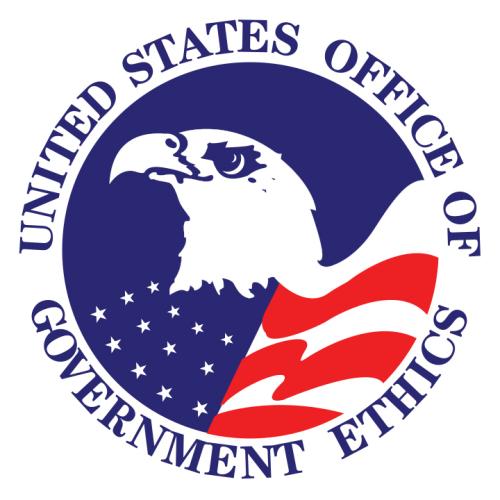
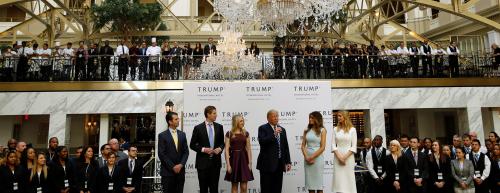
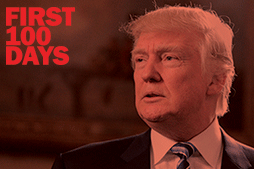

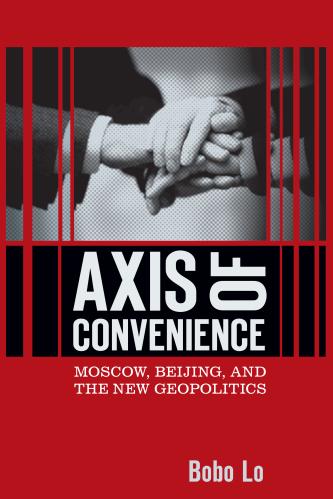
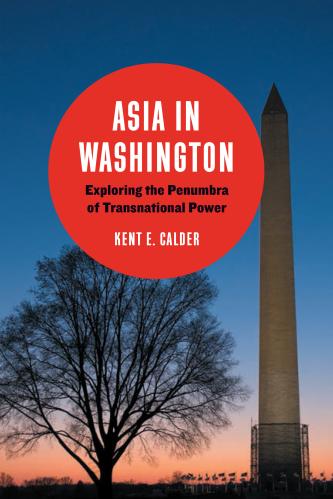





Commentary
Contempt for ethics hobbles Trump
May 3, 2017